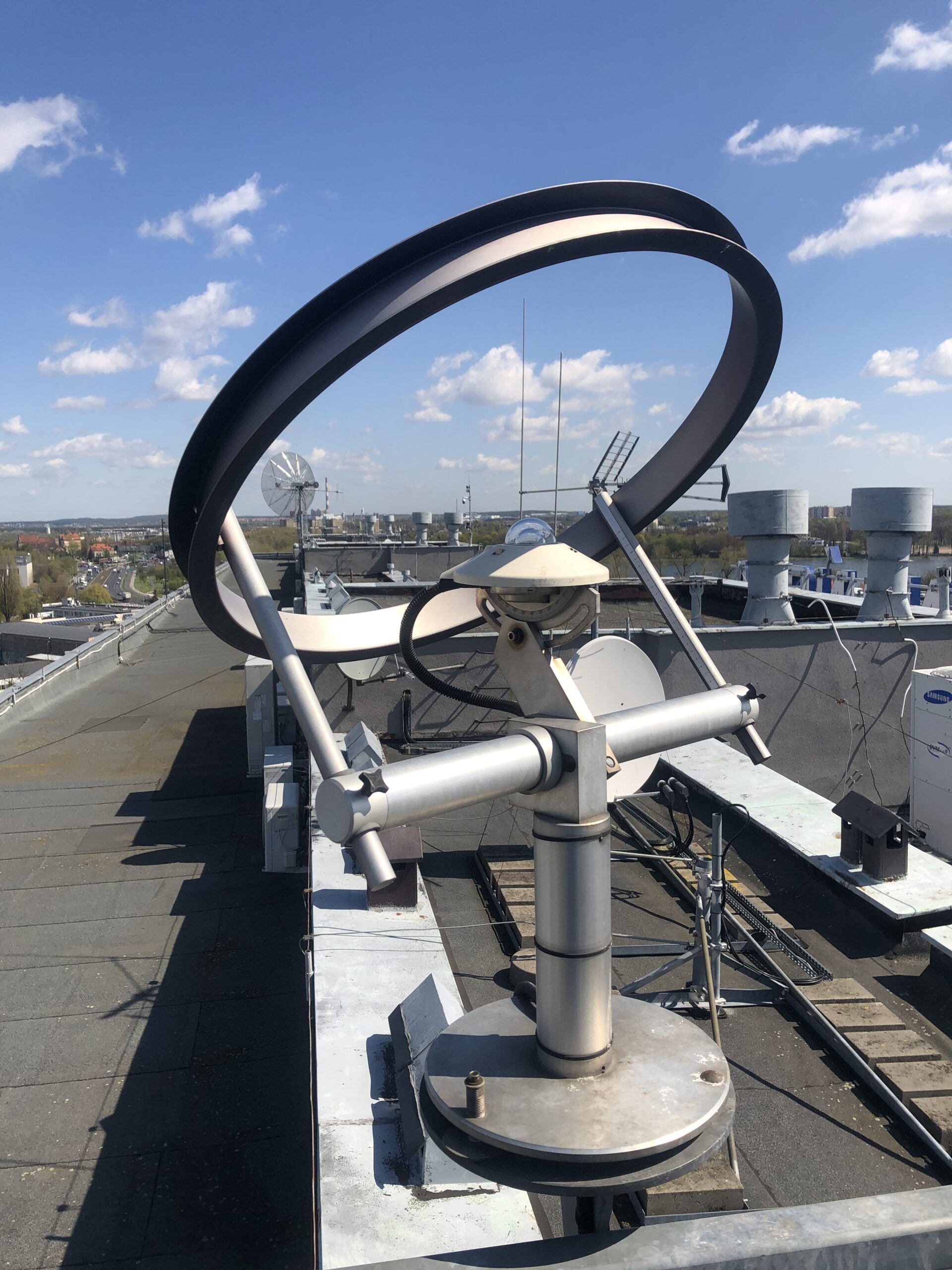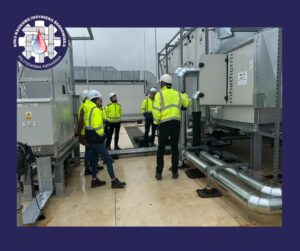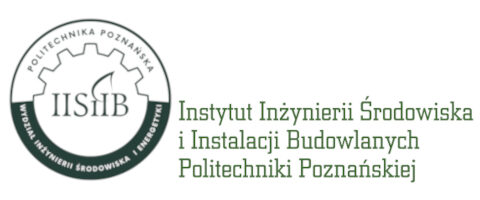
Teaching facilities
Classed are conducted on the Warta campus in the CDWTCH building (Faculty of Chemical Technology Teaching Centre, floors 2 and 3, wing B), at the Mechatronics and Nanotechnology Centre, laboratory halls no. 21 and A6, as well as at the teaching and experimental facility (PUT passive home).
In the first years of studies teaching is centred around mathematics, physics and chemistry. Technical and nature-related subject include, e.g., liquid mechanics, heating technology and environmental biology. Detailed descriptions of each subject in the syllabus are available in subject description charts – LINK to ECTS charts on the PUT website.
After the lectures, students can relax in sports classes at a swimming pool and high-tech gymnasium on the Warta campus
The Institute of Environmental Engineering and Civil Engineering Installations is the place where one can directly get to know the latest technologies and techniques. In teaching labs, the students can use measurement equipment to perform experiments, and through the knowledge obtained in relevant lectures, process all data and reach adequate conclusions.
Students have at their disposal advanced teaching stations, e.g. for flow analysis and determining hydraulic properties of valves, ventilators and ventilation-and-air-conditioning systems; for studying indoor thermal comfort; measuring pollution concentrations and efficiency of heating devices; analysis of physical and chemical composition of water and wastewater, etc.
The Institute offers state-of-the-art measurement equipment, including thermal imaging cameras, a blower-door set for testing the air-tightness of buildings, a Laser Doppler Anemometer, and more.
Students can work at high-tech computer stations with software for heat-flow and thermal comfort simulations in buildings, Building Management Systems simulations , and Building Information Modelling.
The Institute also owns a research facility presenting the research conducted on novel solutions in technical building equipment.
Exemplary workstations and laboratory equipment used by Students in the course of studies:
- Measurement station (liquid mechanics laboratory class)
- Simulation of a flow-through reservoir (wastewater technology laboratory class)
- Collision detection in a federated BIM model (BIM-for-EE laboratory class)
- Bioreactors for caproic acid production (water technology laboratory class)
- Water solution after adding a PH indicator
- Water aeration station
- Pycnometers for measuring absolute dust density (atmosphere protection engineering laboratory class)
- Modelling of direct sunlight impact on buildings
- Plane-based heating and cooling system study station (heating systems laboratory class)
- Weight-based analysis of granular composition of dust using a sedimentation pipette
- Thermographic measurement of a low-emission object
- Water analysis
- Programmable regulator (optimization and control in EE laboratory class)
- Station for studying static and dynamic installation balancing methods
- VAV flow regulator (HVAC system diagnostics laboratory class)
- Station for studying ventilation air changes in the main unit
Read more – admissions
Detailed subject schedule and ECTS charts
Subjects taught in the Environmental Engineering course reflect the current requirements of the sector and meet the expectations of prospective employers. The syllabus includes not only subjects providing a solid theoretical basis, but also ones offering a practical knowledge of cutting-edge engineering technologies.
Teaching staff
Classes are conducted by competent teaching staff with extensive academic and practical experience.
Read more about the Institute staff’s teaching and scientific profiles
Student internships and foreign exchange
The study schedule includes student internships. Students willing to spend a part of their studies abroad can take part in the ERASMUS+ programme

Science clubs
Our Institute is home to two Science Clubs, bringing together Students interested in a more thorough knowledge of engineering and technical subjects:
– the Environmental Engineering Science Club (KNIŚ)
– the Water Protection Technology Science Club
Social support
Students of our course can receive social benefits from PUT, such as:
– scholarships for top students, both for specific purposes and offered by foundations
– student loans
– personal accident insurance
– lodging in dorms
